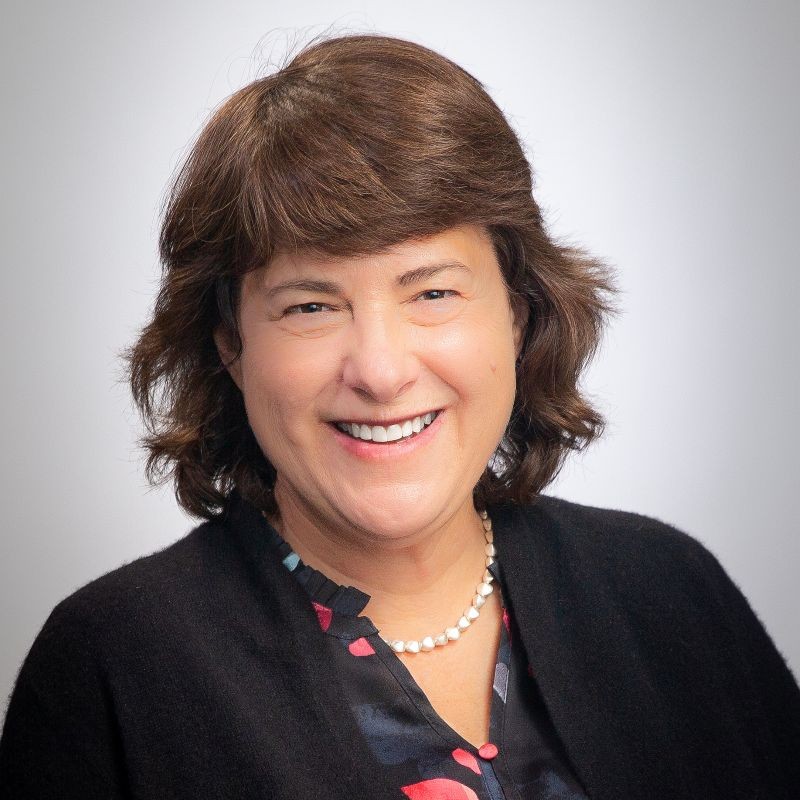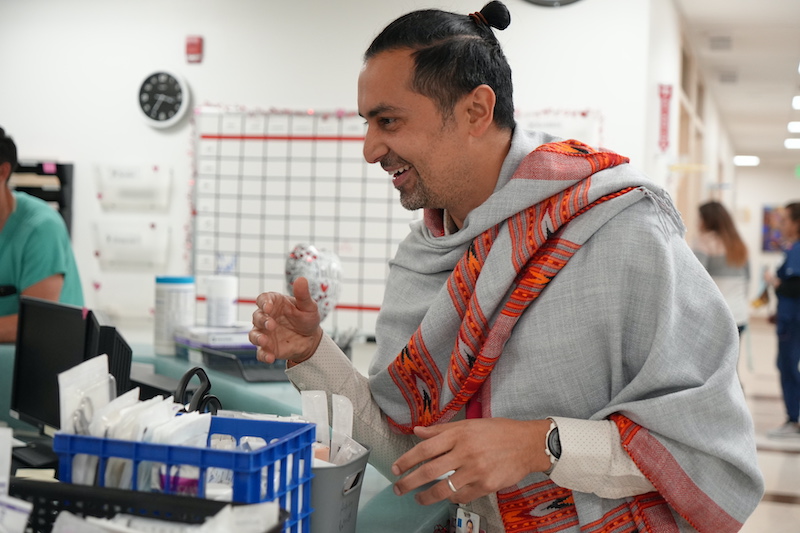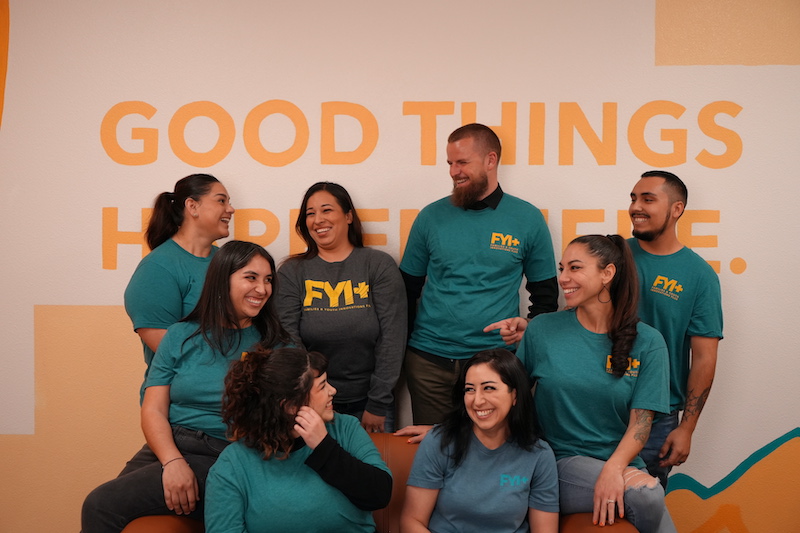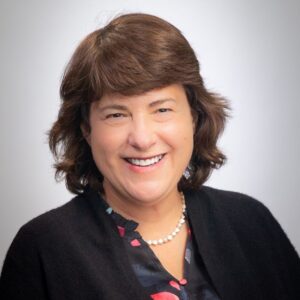At 23.8%, New Mexico has the highest prevalence nationally of adults with four or more adverse childhood experiences, or “ACEs”. The term encompasses a broad range of experiences: domestic violence, parental substance use and sexual assault.
While one or two experiences, such as divorce, are fairly common, a child with four or more has increased risk for chronic conditions such as depression, diabetes, heart disease, substance use disorders and suicidality.
An innovative ECHO program took a new approach: tackle ACEs head-on by bringing together all child-facing service providers —physicians, principals, school-based health center staff, social workers, teachers and others—to build stronger, more timely safety nets for children who might otherwise fall through the cracks.

An Urgent Solution
Training and mentoring more than 870 child-facing service providers since 2022, the ACEs ECHO program exemplifies why the ECHO Model is a critical support for New Mexico.
Participants analyze case studies to learn best practices from experts and to learn from each other. “Our participants—nurses, primary care providers, behavioral health clinicians, school counselors, principals—they all pitch in for each case to provide clarifying questions and their own recommendations,” says Dr. Katzman.
In one case study, a 14-to-15- year-old girl, living in a rural area of New Mexico, was kicked out of her home along with her two-week-old infant. She was too young to qualify for traditional shelters and, because of her newborn, she could not find support through the state’s Children, Youth and Family Services Department.
As a team, the ECHO participants helped secure stable housing, long-term case management support, and additional psychiatric resources for her by coordinating with representatives from CYFD, school-based health centers, as well as experts in pediatric and perinatal medicine.
“One of the things that creates the most burden for me as a psychologist is realizing I can do a really good job one hour a week, but I’m sending my patients back into an environment with different values,” says Krishna Chari, PsyD, co-medical director for the ACEs ECHO Program and clinical psychologist. “The ACEs ECHO creates this community network of professions that interact with kids at multiple levels so you can have a wider net of options for resources and realistic recommendations. We all feel like we are fighting an uphill battle, but now we have a chance.”

Krishna Chari, PsyD, offers his expert perspective on child and adolescent psychology as part of the Adverse Childhood Experiences ECHO Program. Photo Credit: Tara Memarian, Project ECHO, February 2024.
A Vision for Systemic Change
The impacts of multiple ACEs are tragic and debilitating for adults and children in New Mexico – and, they are expensive. New Mexico’s high prevalence of ACEs is directly implicated in our state’s high rates of chronic disease, depression, substance use disorders and suicidality; and in our lower levels of education and income, according to state agencies: the New Mexico Sentencing Commission, Legislative Finance Committee, Department of Health, Human Services Department, and New Mexico Children’s Cabinet.
Preventing the compounding effect of multiple ACEs is critical: the more adverse childhood experiences someone has, the greater the related economic and health care costs. The ACEs ECHO program aims to reduce as many adverse childhood experiences as possible by establishing support and resources – interventions that protect a child from a current situation, and can contribute to preventing future ones.
Most of the children in New Mexico that these professionals work with already have four, or more, ACEs in their lives.
Learn more about the ACEs ECHO program and join sessions via iECHO.
Featured Image: The team at Families and Youth Innovation Plus (FYI+) in Las Cruces, New Mexico – an ECHO partner. Photo Credit: Tara Memarian, Project ECHO, February 2024.
Originally published in August 2024, this article was updated in December 2025 to reflect how many participants have attended (874) and that the program is now in its third year of operation.



